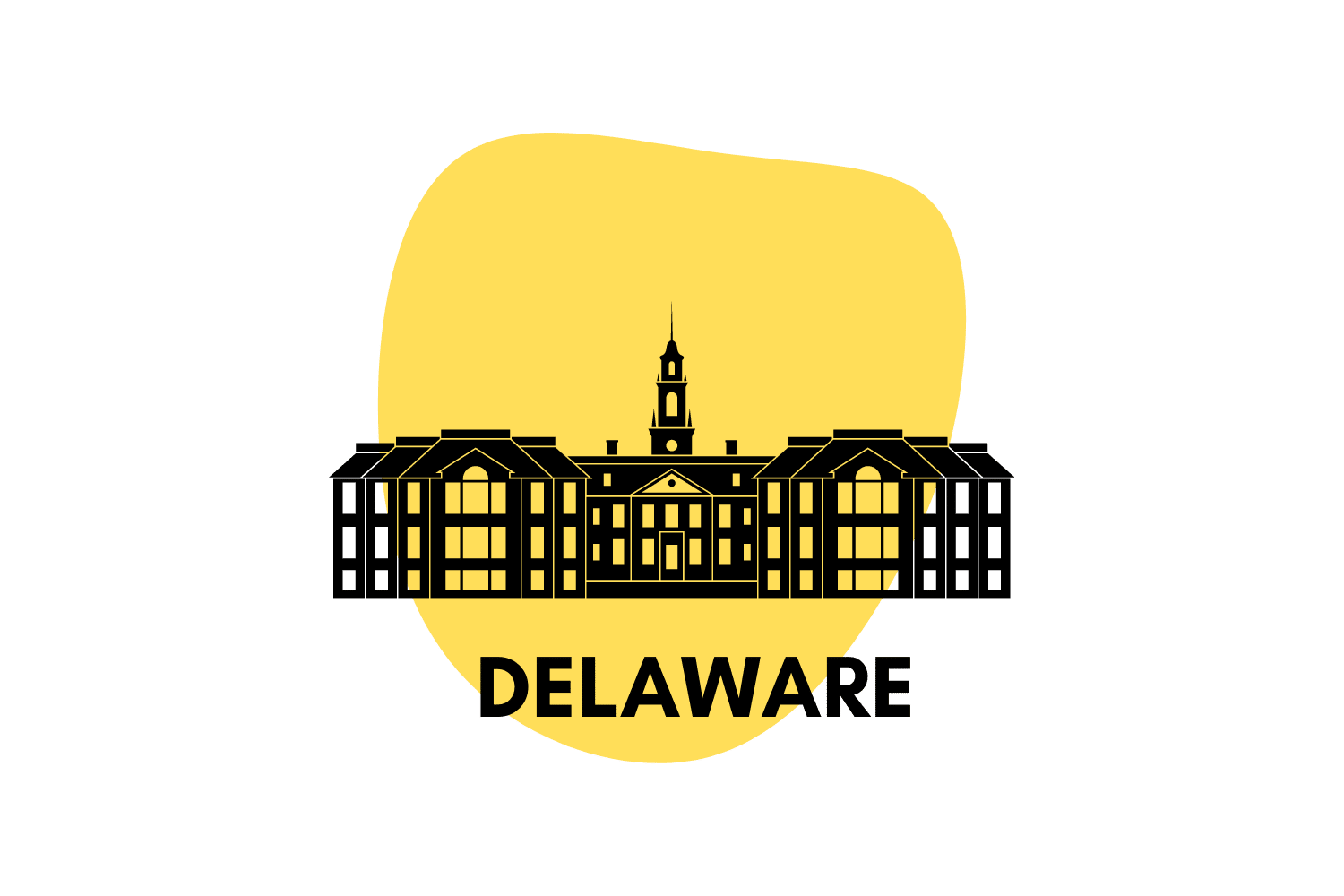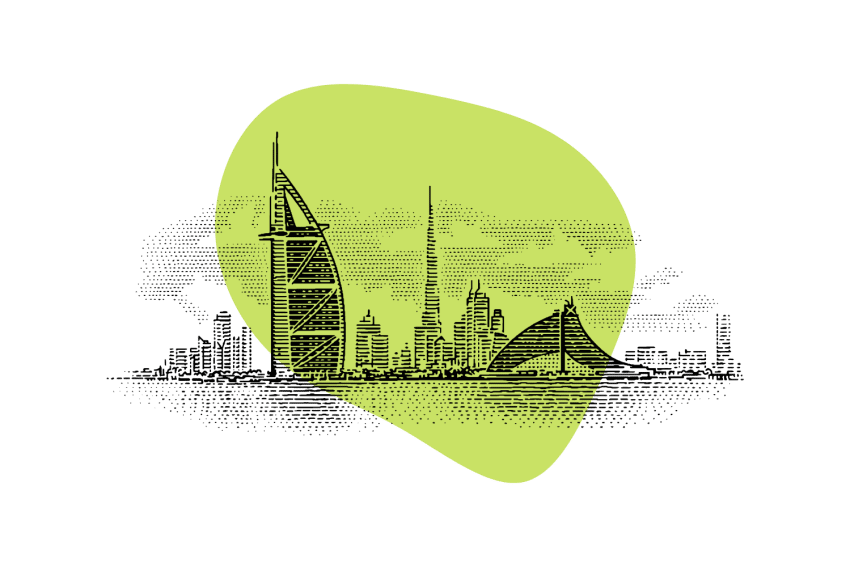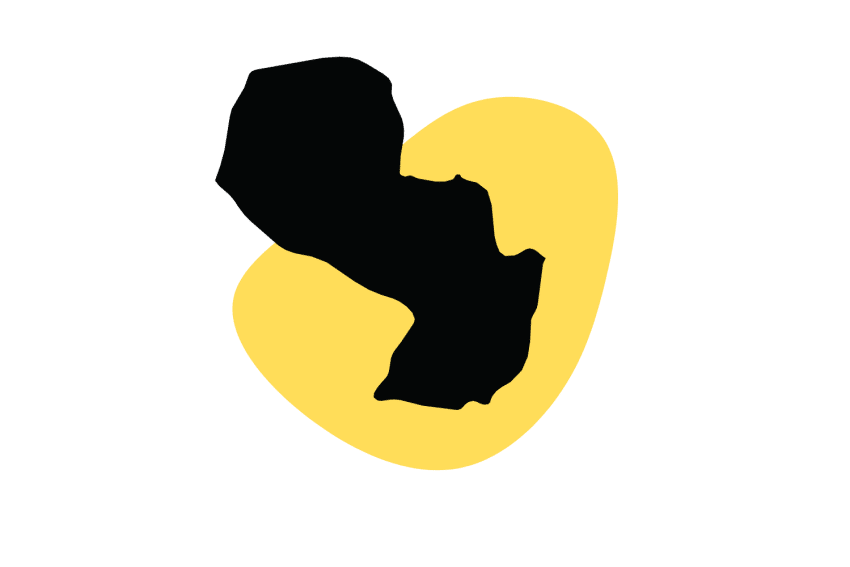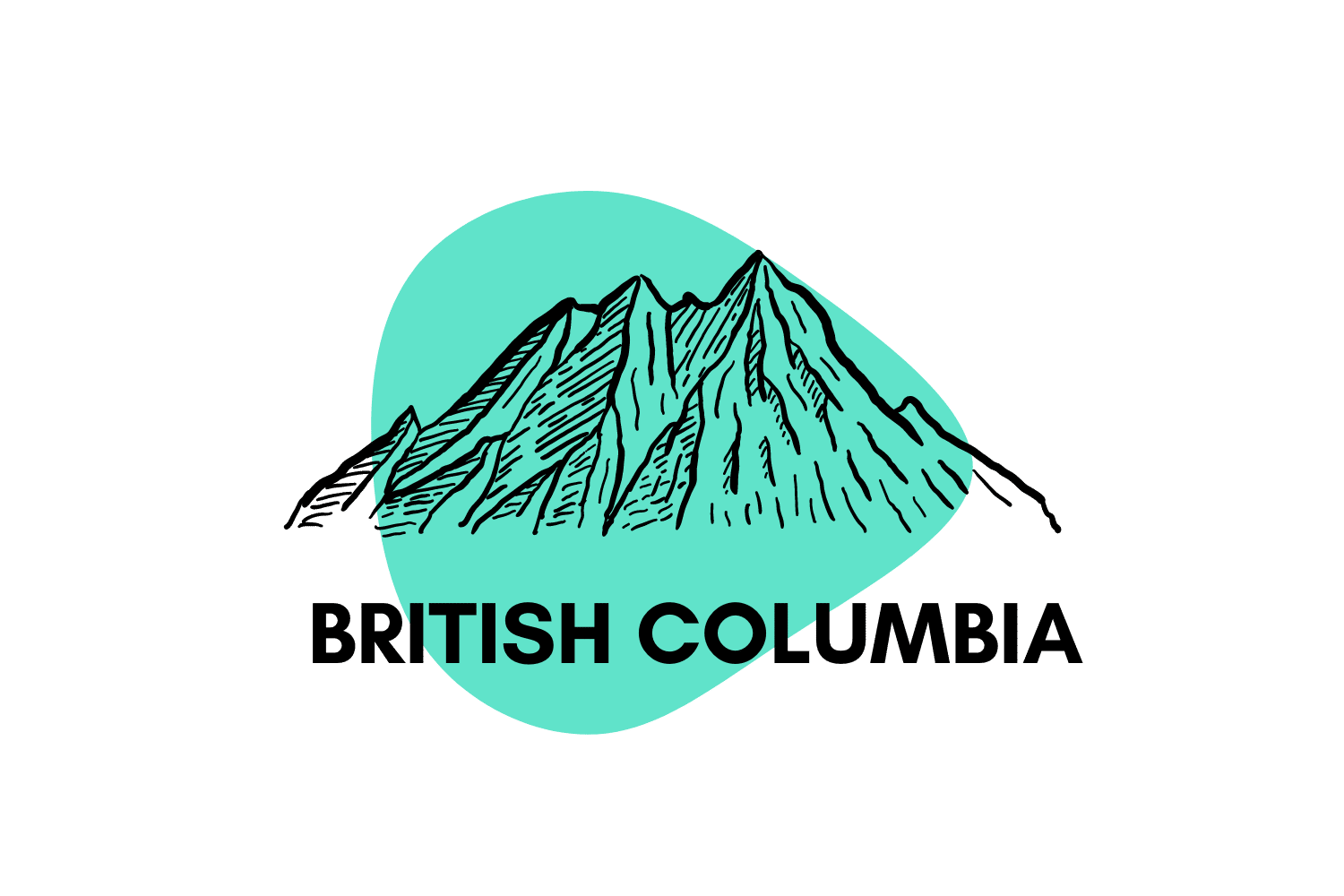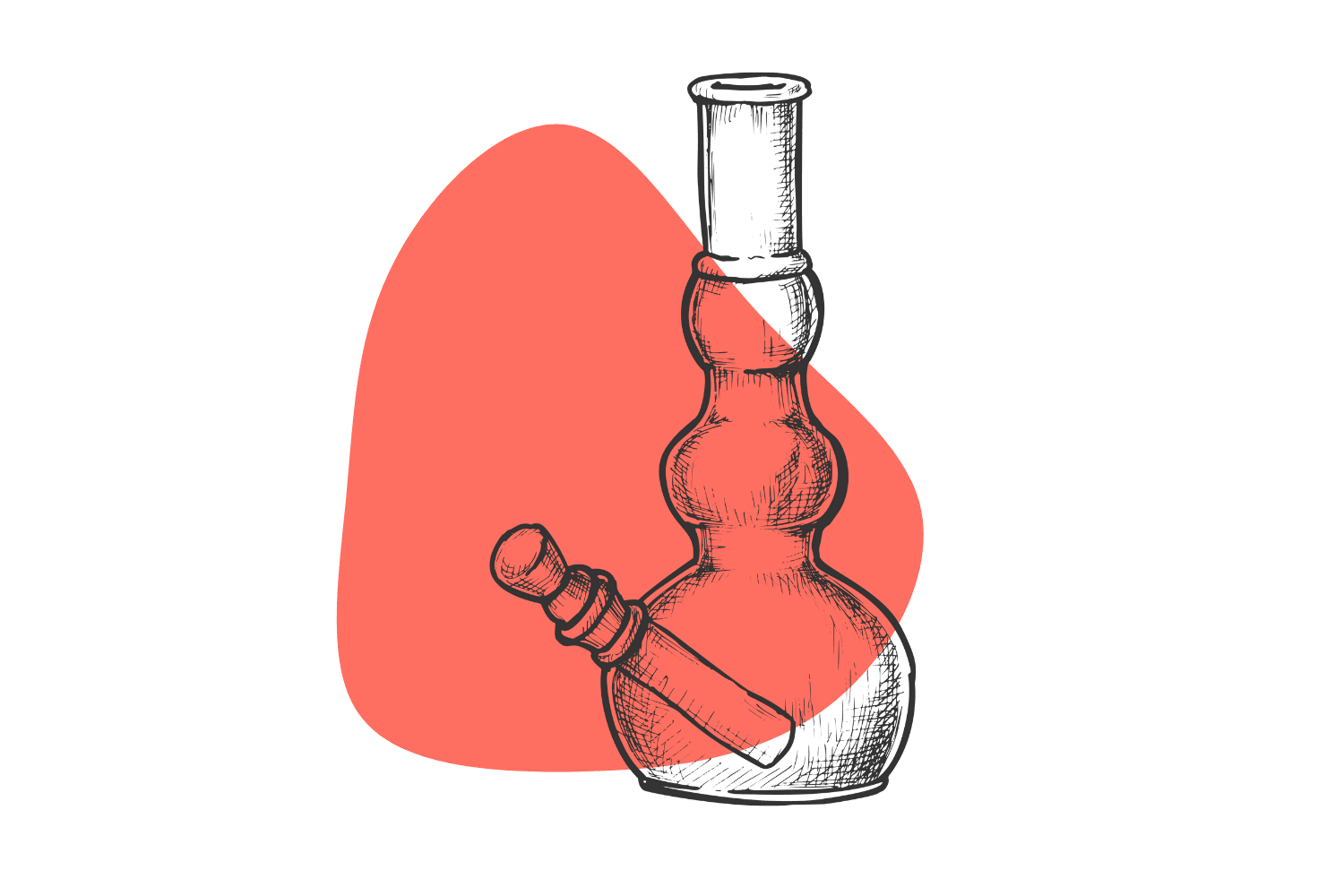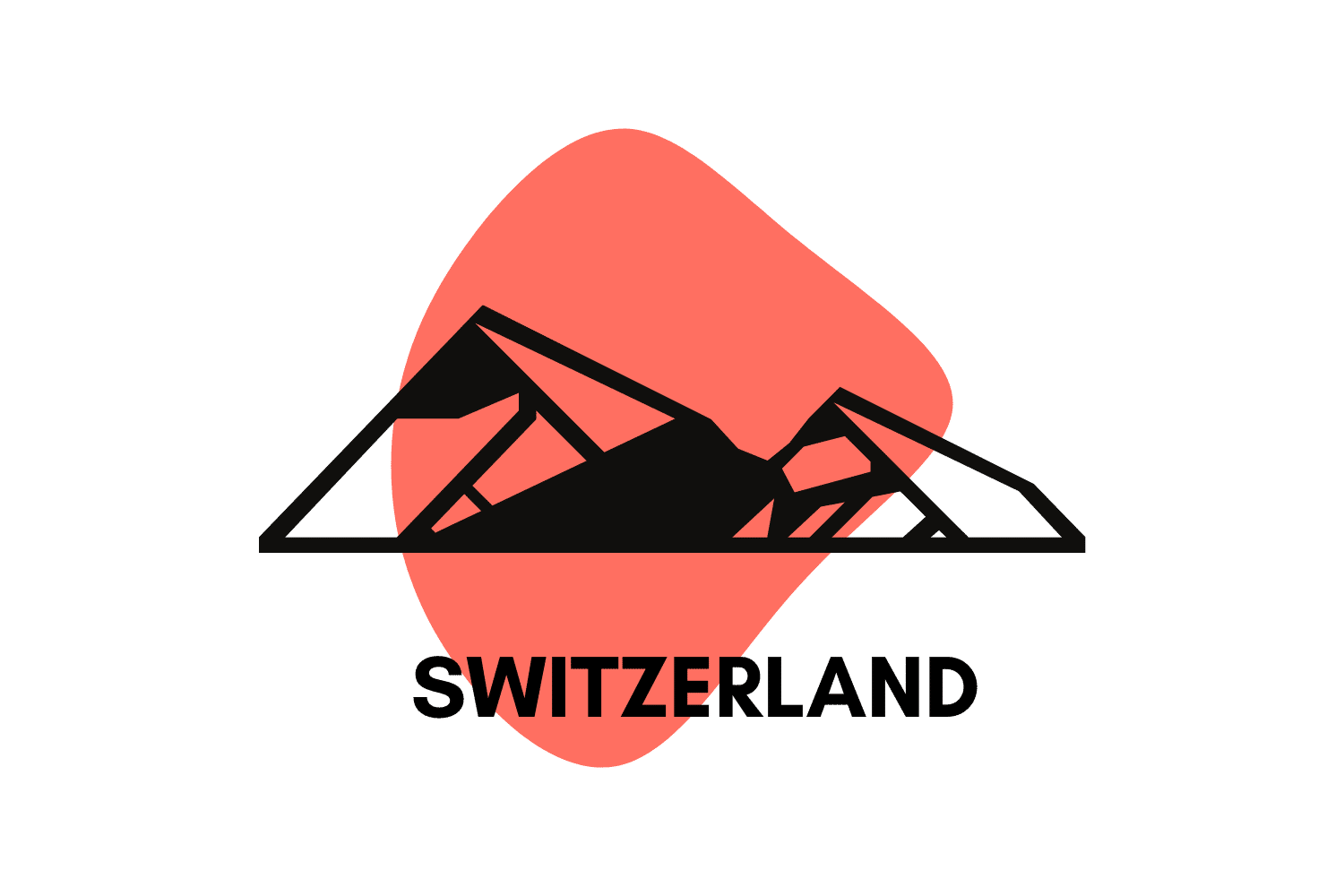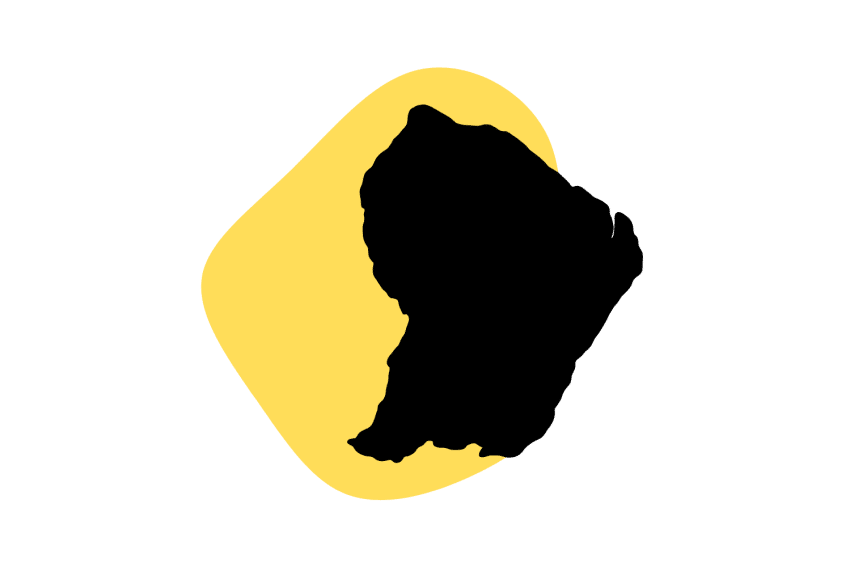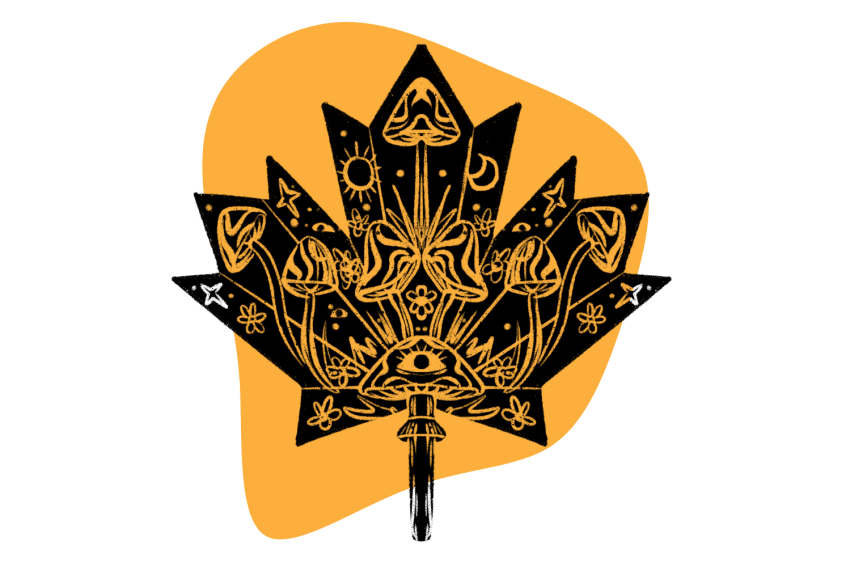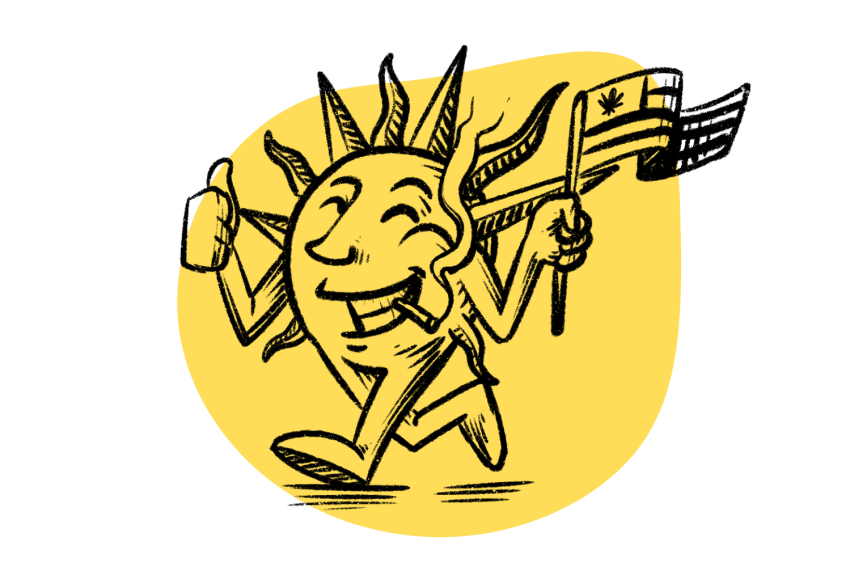The State of Psychedelic Drug Laws in Michigan
So far, three cities in Michigan has successfully decriminalized natural psychedelics.
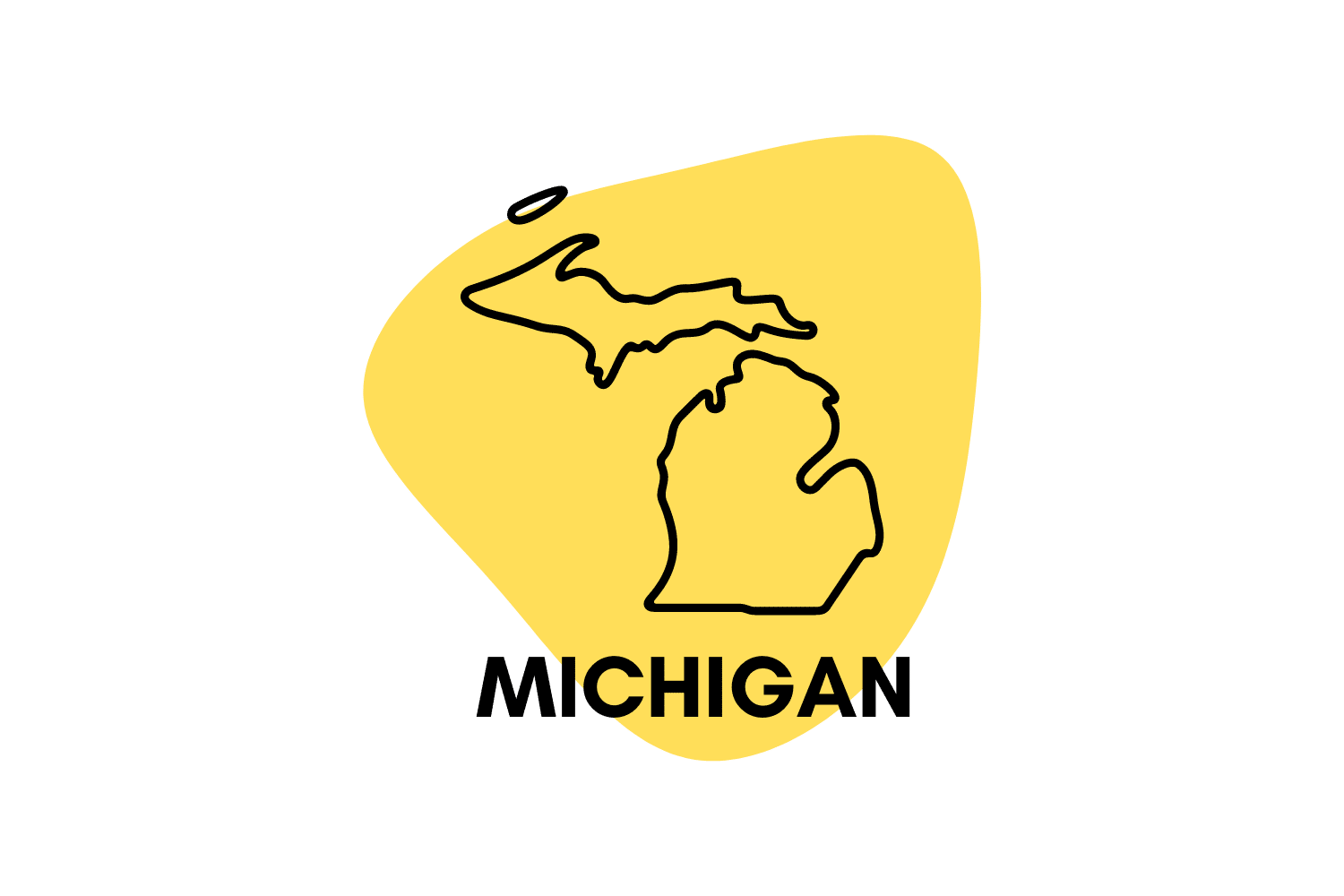
The city of Ann Arbor, Michigan is the latest city to decriminalize the use of natural psychedelics — including magic mushrooms, peyote, San Pedro, ayahuasca, iboga, and more.
Here, we’ll explore the current state of psychedelic drug laws and decriminalization in Michigan, both within Ann Arbor and the rest of the state.
We’ll cover magic mushrooms, LSD, DMT, ketamine, MDMA, and more.
Summary: The Current State of Psychedelics in Michigan
- ✅ Natural psychedelics are legal in Detroit, Ann Arbor, and Grand Rapids.
- ✅ Cannabis is legal in Michigan (Recreational & Medical).
- ❌ Synthetic psychedelics remain strictly illegal in Michigan.
Are Magic Mushrooms Legal in Michigan?
No. Magic mushrooms are illegal in almost all of the United States, including Michigan.
As per Michigan Penal Code 333.7403, psilocybin is considered a Schedule I controlled substance. This carries the highest degree of punishment for any category of drug. Other Schedule I substances include heroin, cocaine, and LSD.
The only exception is the municipality of Ann Arbor — which moved to decriminalize all natural psychedelics on September 21, 2021.
There’s a push to decriminalize magic mushrooms throughout Michigan as well — but this is still moving through the pipeline. Senator Jeff Irwin introduced Bill 631 to decriminalize magic mushrooms and make them available for therapeutic use.
Outside of Ann Arbor, if the police catch you carrying between 25 and 50 grams, you can spend up to 4 years in jail. On the other hand, if you are caught with much larger amounts, you can be sentenced to life imprisonment.
Related: Magic Mushrooms 101: Everything You Need To Know.
Map of Magic Mushroom Laws in the US
Do Magic Mushrooms Grow Wild in Michigan?
You can find wild magic mushroom species almost everywhere in the world. In Michigan, at least 12 species of magic mushrooms have been discovered in the wild.
The most common species of magic mushrooms in Michigan include:
- Psilocybe caerulipes
- Psilocybe ovoideocystidiata
- Gymnopilus luteus
- Amanita muscaria (non-psilocybin-containing mushroom)
You can find these mushrooms in pastures, forests, and gardens.
What Are the Medicinal Uses of Shrooms?
Research on psilocybin has expanded over the last few years. Thanks to Johns Hopkins Medicine and other research institutions, there is increasing evidence to support the therapeutic use of shrooms for mental health.
The main medicinal uses of shrooms include:
- Post-traumatic stress disorder (PTSD) and other trauma-related mental illnesses
- Cluster headache attacks
- Depression
- Addiction
- Existential anxiety, especially in people diagnosed with a terminal illness.
Other studies show that psilocybin therapy can boost creativity and improve problem-solving skills.
All this evidence gave birth to a strong trend in Europe and North America toward legalizing psilocybin for medical use.
Is LSD Legal in Michigan?
LSD (lysergic acid diethylamide) is illegal in Michigan.
Like psilocybin, LSD is a Schedule I controlled substance, so its penalties are similar.
Penalties increase according to the amount you are found with but can extend up to 4 years in prison and fines up to $25,000.
Is MDMA Legal in Michigan?
MDMA, better known as ecstasy or molly, is also a Schedule I controlled substance in the state of Michigan.
However, the penalties are somewhat different: if the police catch you with any amount of MDMA, you can spend up to 10 years in prison and receive $15,000 in fines.
The clinical use of MDMA is on the brink of approval by the FDA. This would mean MDMA-assisted psychotherapy could become legal throughout the United States, including Michigan.
Is Ketamine Legal in Michigan?
Yes, ketamine is legal in Michigan, strictly for medicinal uses.
Unlike the psychedelics mentioned above, ketamine is a Schedule II controlled substance. This means that the law considers it slightly less dangerous and already allows some medicinal uses.
Ketamine therapy is primarily used for treating depression and PTSD. It’s also used as an anesthetic during surgery.
However, recreational use remains strictly prohibited. If caught in possession of ketamine, you can spend up to 2 years in prison and pay hefty fines.
What’s the Difference Between Legalization & Decriminalization
Legalization and decriminalization are often confused, but there’s a key difference between the two.
In decriminalization, the penalties for a crime are considerably reduced. On the other hand, legalization involves completely revoking penalties for an activity previously considered a crime.
For example, marijuana has been legalized in many US states — which means it can be sold in retail shops. If marijuana was decriminalized, it would mean people caught in possession of marijuana wouldn’t be criminally charged but may still get a fine. Additionally, decriminalized substances aren’t permitted for sale in local shops.
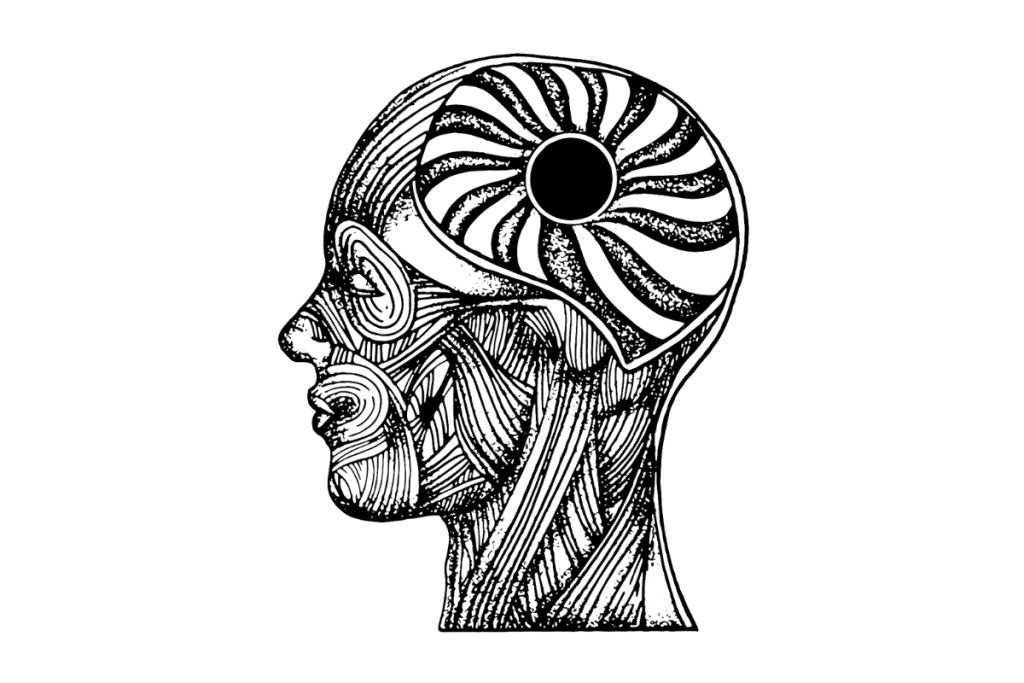
Key Takeaways: What’s the Future of Psychedelics in Michigan?
In Michigan, drug laws are pretty harsh. However, psychedelic users there, both medicinal and recreational, are pushing hard to reverse this.
There is more and more evidence about the therapeutic benefits of psychedelics arising every day, so we don’t think these substances will remain as strictly controlled in the near future.
With that said, Michigan is likely one or more years away from approving any decriminalization bills for psychedelics.

